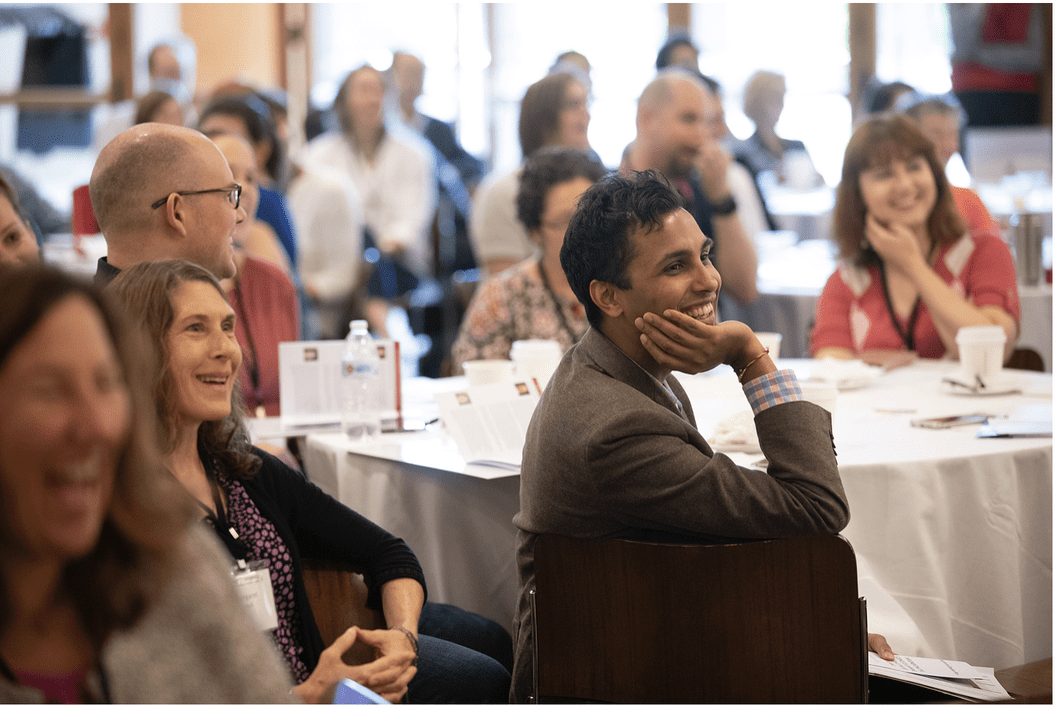The Harvard Future of Teaching and Learning Task Force
In March 2020, all teaching and learning at Harvard moved online, creating unique and unexpected challenges along with significant struggles and stress. After restarting in-person teaching and learning across the university in 2021, we needed to consider whether there were aspects of remote teaching—things that not only shifted classroom teaching but also built on university-wide investments in the previous decade—that we might preserve or expand. What investments are appropriate going forward, and where should we plant deeper roots? How can we maintain the culture of innovation that characterized teaching and learning during that period? Ultimately, how can we make learning more engaging, impactful, and equitable for our students everywhere?
The Harvard Future of Teaching and Learning (FTL) Task Force was convened to examine these questions. In the FTL Report we draw together many lessons and solutions adopted during the height of the pandemic. We begin by identifying the infrastructure and expertise that made it possible for Harvard to swiftly and effectively pivot to online instruction. We then describe key innovations and the considerations of student needs that helped teaching and learning continue, and in some cases flourish, across schools and divisions. We conclude with concrete recommendations and a strategic roadmap for Harvard’s teaching and learning future and outline key enablers of that vision.
Vision and Guiding Principles
The COVID-19 pandemic stimulated an array of innovations in teaching and learning throughout Harvard and its global community. Harvard should capitalize on this momentum, drawing on the following fundamental principles:
- Maximize and enhance unique Harvard Experiences.
- Incorporate the benefits of technology and remote education into teaching and learning.
- Remove the default that high-quality education must be face-to-face.
- Commit to identically excellent outcomes rather than identical experiences.
- Make diversity, equity and inclusion guiding tenets when thinking about content, competency, and the hidden curriculum.
- Facilitate local innovation via central coordination.
- Increase local and global reach through engagement at scale
FTL Report & Micro Report
This site contains both the full report of the FTL Task Force as well as a condensed micro report and a page highlighting the three strategic action areas defined by the Task Force.
